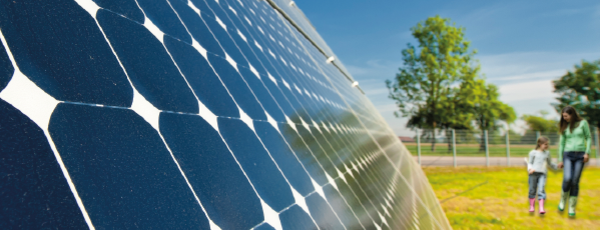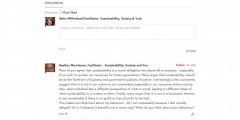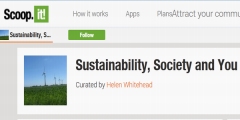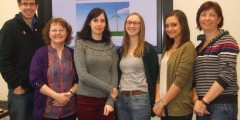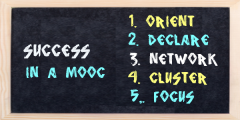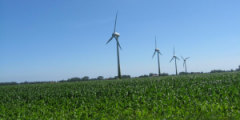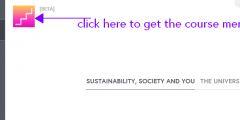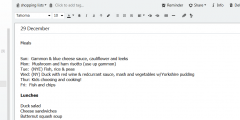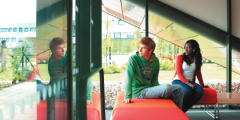Greening the Academy through E-learning
January 28, 2014
Sarah Speight writes: Nottingham’s first foray into the world of MOOCs, ‘Sustainability, Society and You’ foregrounds three elements of the university’s teaching and learning strategy. The first is Sustainability itself – Nottingham is committed to integrating sustainability values and knowledge into the experience of its own students and staff. We do this via our courses, …
How “likes” can help you learn
January 17, 2014
Like other social platforms, FutureLearn has a “Like” function. This means whenever you read something you agree with or think is well put, meaningful or significant in any way, you can respond to it, but you can also “Like” it. For each list of Comments or Discussion you can then sort posts according to how …
Scooping Sustainability
January 9, 2014
In order to try to curate some of the blog posts, tweets, etc. coming out of our current FutureLearn MOOC, I’ve set up a Scoop.it page for Sustainability, Society & You and am attempting to add to it posts, pages and RSS feeds of relevance. Let me know if you have written about the course …
Sustainability, Society and You – learning across cultures and contexts
January 8, 2014
Sarah Speight writes: The University of Nottingham’s first MOOC got off to a flying start on January 6th with lots of interaction between learners around the world – New Zealand, America, Latvia, Australia, Pakistan, Bahrain, Egypt, all corners of the United Kingdom, Ireland, Iran, Venezuela, Colombia…. too many to mention. We have developed the course …
How to be successful as a student in a MOOC
January 7, 2014
I was looking at Dave Cormier’s five point plan for getting the most out of a MOOC as a student. It makes a lot of sense. Here’s what it might look like for a participant in Sustainability, Society and You, which started this week. 1. ORIENT Each MOOC takes place in a platform that you …
MOOCs are themselves sustainable
January 6, 2014
As we launch our ‘Sustainability, Society and You’ MOOC today through FutureLearn, it is heartening to think that the course itself is sustainable! Online learning, such as in MOOCs, is itself eco-friendly as evidenced in recent studies conducted by the Open University in the UK. Researchers found that distance learning courses consume 90% less energy than …
How to join the discussion in Sustainability, Society and You
January 5, 2014
Join the discussion! There are no real right and wrong answers in the field of sustainability. In the ‘Sustainability, Society and You’ MOOC (starting tomorrow through FutureLearn), we invite you to look at the evidence and make your own decisions especially about the actions you can take to become more sustainable and influence our society to …
Make time for the MOOC and avoid food waste!
January 4, 2014
Meal planning is a great way to avoid wasting food – and saves money and time too. Wondering what to cook for dinner can be a minor but irritating cause of stress all day. Having a plan means it’s easy to make a shopping list, cutting down shopping time and decisions as well as food …
How reflection can help your learning in a MOOC
January 3, 2014
One of the most important tools for any learner to get the most out of their studying is reflection. This is especially useful in situations where learning is to a large degree self-controlled or is directed towards professional development. It could be said that the capacity to reflect on action so as to engage in …
Blog posts about Sustainability, Society and You
January 2, 2014
There are already discussions and reflections appearing about the ‘Sustainability Society and You’ MOOC starting on January 6th through FutureLearn. You can join us using the hashtag #flsustain on Twitter and in other social media: we also have a Facebook page. Course leader Dr Sarah Speight has written about the approach the course takes in …

